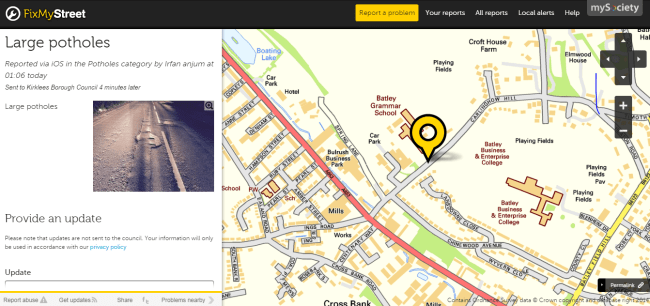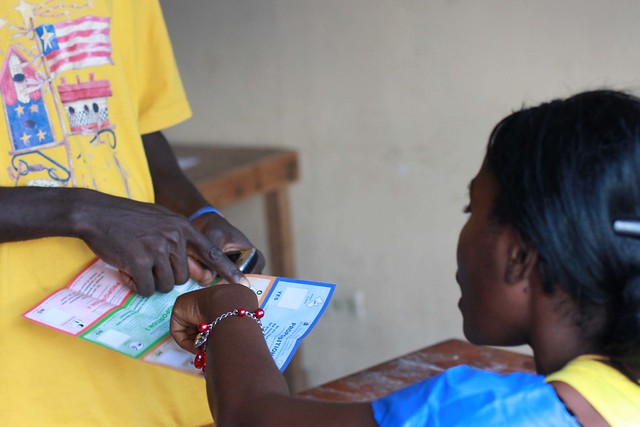This blog has been slow lately, but as I mentioned before, it is for a good cause. With some great colleagues I’ve been working on a series of papers (and a book) on civic technology. The first three of these papers are out. There is much more to come, but in the meantime, you can find below the abstracts and link to each of the papers. I also add the link to a presentation which highlights some other issues that we are looking at.
- Effects of the Internet on Participation: Study of a Public Policy Referendum in Brazil.
Does online voting mobilize citizens who otherwise would not participate? During the annual participatory budgeting vote in the southern state of Rio Grande do Sul in Brazil – the world’s largest – Internet voters were asked whether they would have participated had there not been an online voting option (i-voting). The study documents an 8.2 percent increase in total turnout with the introduction of i-voting. In support of the mobilization hypothesis, unique survey data show that i-voting is mainly used by new participants rather than just for convenience by those who were already mobilized. The study also finds that age, gender, income, education, and social media usage are significant predictors of being online-only voters. Technology appears more likely to engage people who are younger, male, of higher income and educational attainment, and more frequent social media users.
Read more here.
- The Effect of Government Responsiveness on Future Political Participation.
What effect does government responsiveness have on political participation? Since the 1940s political scientists have used attitudinal measures of perceived efficacy to explain participation. More recent work has focused on underlying genetic factors that condition citizen engagement. We develop a ‘Calculus of Participation’ that incorporates objective efficacy – the extent to which an individual’s participation actually has an impact – and test the model against behavioral data from FixMyStreet.com (n=399,364). We find that a successful first experience using FixMyStreet.com (e.g. reporting a pothole and having it fixed) is associated with a 54 percent increase in the probability of an individual submitting a second report. We also show that the experience of government responsiveness to the first report submitted has predictive power over all future report submissions. The findings highlight the importance of government responsiveness for fostering an active citizenry, while demonstrating the value of incidentally collected data to examine participatory behavior at the individual level.
Read more here.
- Do Mobile Phone Surveys Work in Poor Countries?
In this project, we analyzed whether mobile phone-based surveys are a feasible and cost-effective approach for gathering statistically representative information in four low-income countries (Afghanistan, Ethiopia, Mozambique, and Zimbabwe). Specifically, we focused on three primary research questions. First, can the mobile phone survey platform reach a nationally representative sample? Second, to what extent does linguistic fractionalization affect the ability to produce a representative sample? Third, how effectively does monetary compensation impact survey completion patterns? We find that samples from countries with higher mobile penetration rates more closely resembled the actual population. After weighting on demographic variables, sample imprecision was a challenge in the two lower feasibility countries (Ethiopia and Mozambique) with a sampling error of /- 5 to 7 percent, while Zimbabwe’s estimates were more precise (sampling error of /- 2.8 percent). Surveys performed reasonably well in reaching poor demographics, especially in Afghanistan and Zimbabwe. Rural women were consistently under-represented in the country samples, especially in Afghanistan and Ethiopia. Countries’ linguistic fractionalization may influence the ability to obtain nationally representative samples, although a material effect was difficult to discern through penetration rates and market composition. Although the experimentation design of the incentive compensation plan was compromised in Ethiopia and Zimbabwe, it seems that offering compensation for survey completion mitigated attrition rates in several of the pilot countries while not reducing overall costs. These effects varied across countries and cultural settings.
Read more here.
- The haves and the have nots: is civic tech impacting the people who need it most? (presentation)
Read more here.




